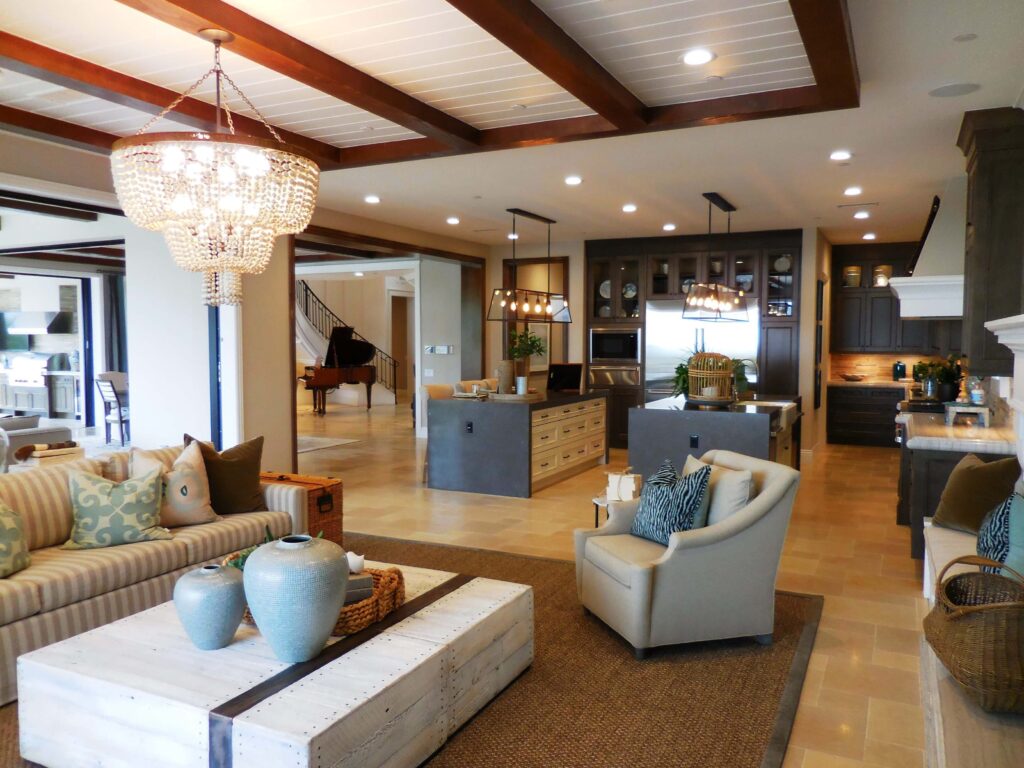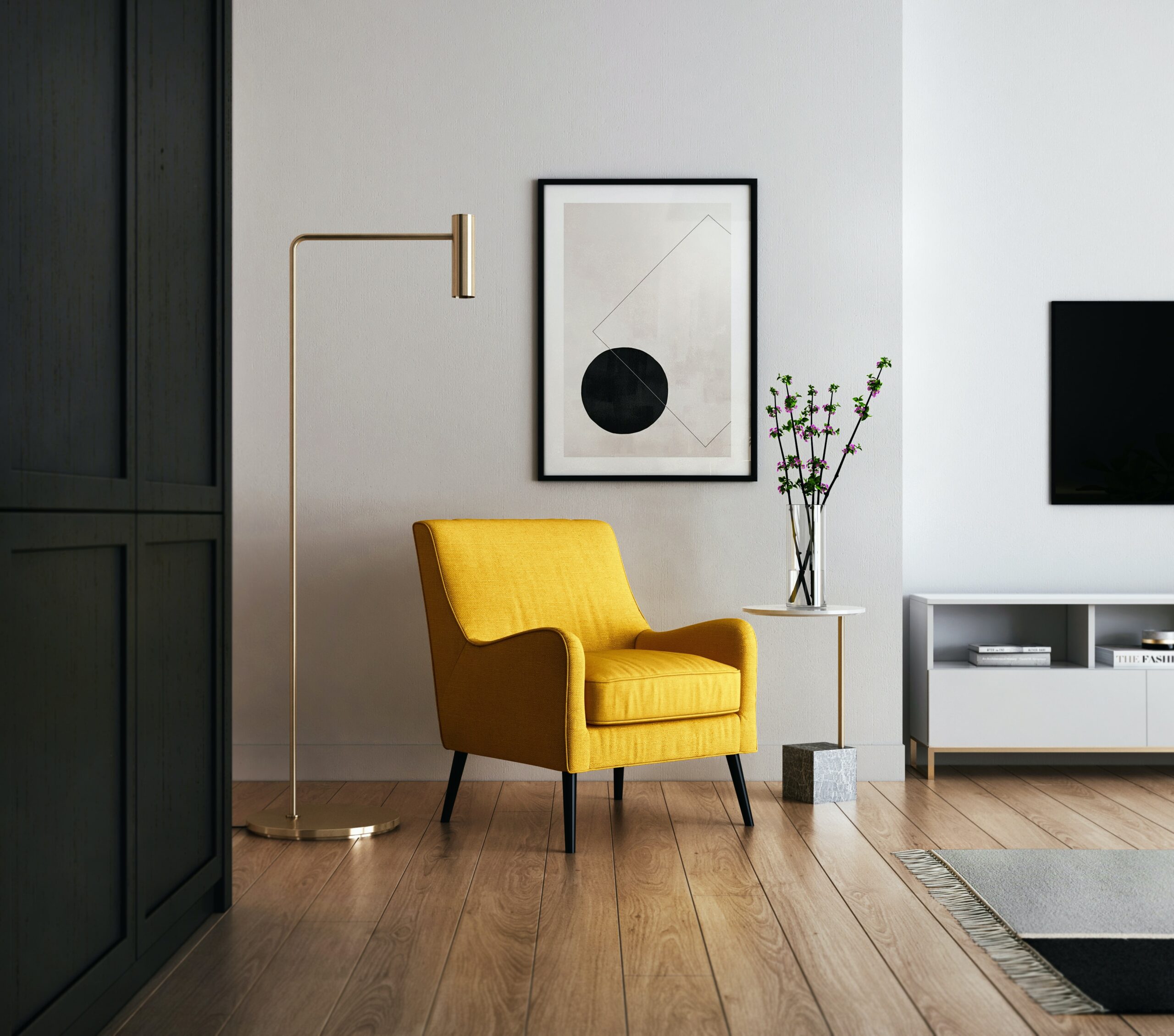The qualifications required for a career in interior design can vary depending on your location, the specific job requirements, and your career goals. However, certain qualifications and skills are commonly sought in the field of interior design. Here are key qualifications and considerations:
- Qualifications for a career in interior design can vary depending on your location and the specific requirements of employers or regulatory bodies in your area. However, here are some general steps and qualifications that are commonly associated with a career in interior design:
- Education:
- Bachelor’s Degree: Many interior design positions prefer or require a bachelor’s degree in interior design or a related field. A degree program provides a comprehensive understanding of design principles, space planning, materials, and other essential aspects of the field.
- Professional Certification:
- NCIDQ Certification: The National Council for Interior Design Qualification (NCIDQ) offers a widely recognized certification for interior designers. Earning the NCIDQ certification typically involves a combination of education, experience, and passing a rigorous examination.
- Relevant Coursework:
- Coursework in interior design programs often covers topics such as design theory, drafting, space planning, color theory, textiles, and building codes. Additionally, courses in computer-aided design (CAD) and other design software may be important.
- Internship or Work Experience:
- Practical experience is valuable in the field of interior design. Completing internships or gaining work experience through entry-level positions allows you to apply classroom knowledge to real-world projects and build a portfolio.
- Portfolio Development:
- Assemble a strong portfolio showcasing your best work. A portfolio is a critical tool for demonstrating your design skills, creativity, and range of projects. Include photographs, renderings, and descriptions of completed projects.
- Technical Skills:
- Develop proficiency in design software, including CAD programs such as AutoCAD or Revit, and graphic design tools like Adobe Creative Suite. Familiarity with 3D modeling and rendering software is also beneficial.
- Knowledge of Building Codes:
- Understanding building codes and regulations is essential for interior designers, especially if their work involves renovations or new construction. Stay informed about local and national building codes relevant to interior design.
- Communication Skills:
- Interior designers need strong communication skills to work effectively with clients, architects, contractors, and other professionals. The ability to articulate design concepts, present ideas, and listen to client preferences is crucial.
- Creativity and Design Sensibility:
- Cultivate a strong sense of design and creativity. Interior designers should have a keen eye for aesthetics, color, and spatial arrangements. The ability to think creatively and solve design challenges is essential.
- Business and Marketing Skills:
- Familiarize yourself with basic business principles and marketing strategies, especially if you plan to work independently or start your own design business. Knowledge of budgeting, project management, and client relations is valuable.
- Networking:
- Build a professional network within the industry by attending events, joining professional organizations, and connecting with other designers, architects, and professionals in related fields.
- Continuing Education:
- Stay updated on industry trends, materials, and technologies through continuing education. Attend workshops, conferences, and seminars to expand your knowledge and skills.
Education:
Bachelor’s Degree: Many interior designers hold a bachelor’s degree in interior design or a related field. Some common degrees include Bachelor of Fine Arts (BFA) in Interior Design or Bachelor of Science (BS) in Interior Design.
Portfolio:
Build a Strong Portfolio: Aspiring interior designers should create a portfolio showcasing their best work. Include a variety of projects to demonstrate your skills and versatility.
Experience:
Internships: Gain practical experience through internships or entry-level positions in the field. This helps you apply your knowledge in real-world scenarios and build a network within the industry.
Certification and Licensure:
Professional Certification: While not always mandatory, obtaining certification from a recognized professional organization, such as the National Council for Interior Design Qualification (NCIDQ), can enhance your credibility and job prospects.
Licensure: In some regions, interior designers are required to be licensed. Check the regulations in your area to determine whether licensure is necessary.
Continuing Education:
Stay Updated: Interior design is a dynamic field with evolving trends and technologies. Consider participating in workshops, seminars, and continuing education programs to stay current in the industry.
Soft Skills:
Creativity: Interior designers need a strong creative flair to develop unique and aesthetically pleasing designs.
Communication Skills: Effective communication is crucial for working with clients, understanding their needs, and presenting design concepts.
Problem-Solving: Interior designers often encounter challenges that require creative problem-solving skills.
Attention to Detail: Precision is essential in creating accurate and functional designs.
Networking:
Join Professional Organizations: Connect with other professionals in the field by joining interior design associations and organizations. Networking can open up opportunities and provide valuable insights.
Software Skills:
Proficiency in Design Software: Familiarize yourself with industry-standard design software such as AutoCAD, SketchUp, and Adobe Creative Suite.
Remember that requirements may vary, and it’s important to research the specific qualifications and regulations in your region or the region where you plan to work as an interior designer.
Keep in mind that the specific qualifications and licensing requirements for interior designers can vary by country, state, or region. It’s advisable to research the specific requirements in your area and seek guidance from professional organizations or regulatory bodies related to interior design.

